In an era where social media platforms often function as modern-day forums—places of assembly and open discussion—Facebook Groups have emerged as virtual communities where people gather around shared interests or experiences. One such group, cryptically yet intriguingly named “Are We Dating the Same Guy,” has skyrocketed in popularity.
At first glance, the name might elicit laughs or raised eyebrows, but there’s more to this cloak and dagger-sounding online gathering than meets the eye. What makes this Facebook group such a hot topic of convo? We are going to unpack what this group is and does, why it was created, if it’s a good or a bad place, and basically, what makes this group tick.
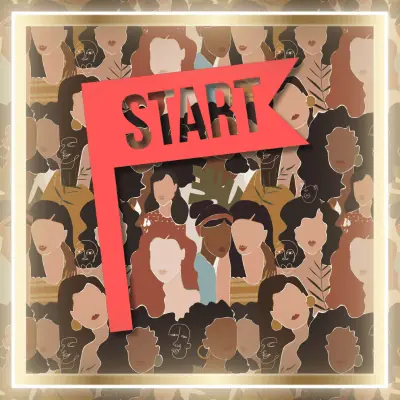
The Creation: How It All Started
The story behind “Are We Dating the Same Guy” isn’t one born out of meticulous planning or a calculated marketing strategy. Like many online spaces, its origins are organic, traced back to a handful of individuals sharing their personal stories of overlapping romantic interests. Have you ever met a teenage girl or woman who is intent on finding out something she thinks her man is hiding from her? If you have, you know that with the internet, they can find out pretty much anything—we swear, some women missed their calling as detectives or private investigators.
Want to toss a lure into the social stratosphere ocean, asking if the man you’re dating is double-dipping in the dating world and see if anyone bites? The founders of this group tapped into that need for romantic transparency and hit it out of the park with the female demo.
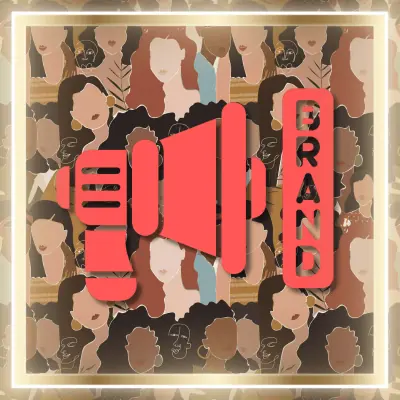
The Name: It’s All About the Brand
Marketing pros say that a good brand name needs to be compelling and memorable. “Are We Dating the Same Guy” checks both boxes, operating as a hook that instantly grabs attention. It’s relatable, evocative, and invokes curiosity—the main ingredients for a popular gathering place. Even if you don’t have a sus man in your life that you met on a dating app, there are people who join the group solely to lurk and read the drama.
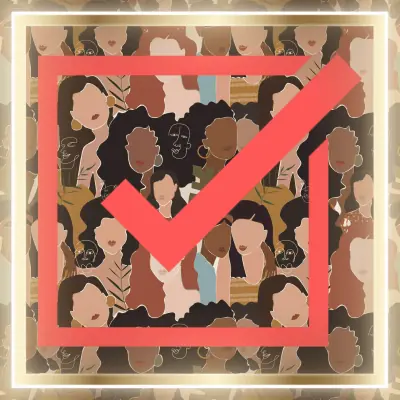
The Rules: Community Guidelines and Moderation
One of the critical pillars supporting the group’s success is effective moderation. A place that could easily devolve into a chaotic mess of finger-pointing and defamation manages to maintain a surprisingly civil atmosphere.
Strict community guidelines prohibit doxxing, shaming, and abusive behavior. But make no mistake; the moderation doesn’t mean the group lacks messiness—it just does its best to make the content constructive or, at least, somewhat non-destructive.

The Content: Real Stories, Real People
Posts in the group generally fall into one of three categories: queries, confirmations, and discussion threads.
- Queries are the most straightforward—members ask if anyone else is dating a particular dude.
- Confirmations take the form of photographic or text evidence substantiating the multiple relationships of the same person.
- Discussions range from advice and support to deep thoughts about dating in general.
One popular example is a woman will post a name and photo of a man she met on a dating app—and queries if anyone else is romantically involved with him.
If so, the woman, or sometimes multiple women, will respond that they are, in fact, dating him or texting him, and voila—they are dating the same guy.
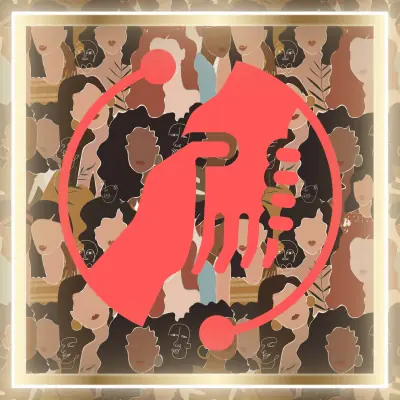
Why It’s So Appealing
The draw of the group is vast and complex, which can be tied to human psychology. On one hand, there’s the natural human curiosity that comes with voyeurism. Members can read about others’ romantic lives, offering both a sense of relief (“Thank God, that’s not me!”) and empathy (“Oy, I’ve been there, done that”).
Then there’s the more profound layer of community support. Strangers become allies, coming together in a shared experience of duplicity or betrayal, turning a potentially lonely ordeal into a collective journey toward closure or vindication—a sort of “AHA! I knew it” moment.
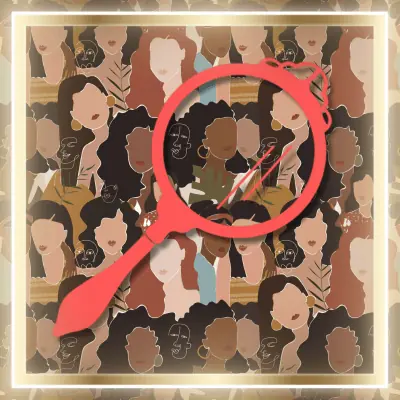
The Societal Implications: A Mirror to Modern Dating Culture?
Is the popularity of the group a reflection of a broader issue with modern dating culture? The group reveals, to some extent, the unsettling trends of deception and commitment phobia that plague today’s relationships. However, it also showcases the power of community support and collective action in an age of personal dating strife, suggesting a shimmer of shedding some light on the sometimes confusing and dark world of online and IRL dating.

Ethical Concerns
The question of ethics is unavoidable–while the group insists on confidentiality and has rules against public shaming, the simple act of sharing personal details in a public forum raises concerns about consent and privacy. How do we steer through the murky waters between public interest and individual rights? The group’s existence and popularity spotlight the broader ethical gray areas of privacy in the digital age.
There have also been times when men have been made aware that their names have popped up on the page, and most are less than thrilled with this info. Someone in the group will screenshot the post (which is a no-no, but people are gonna people) and alert the man he’s being discussed or outed as a serial dater—or even worse.
Here Are Some Potential Dangers That Come along with This Territory:

While the group provides a platform for shared experiences, it also risks becoming a breeding ground for misinformation and public shaming.

There’s a thin line between seeking support and invading someone’s privacy. The ‘Are We Dating the Same Guy’ group can blur that line.

People in this group should be cautious—internet vigilantes and amateur sleuths can often do more harm than good—especially if someone has an ax to grind but no evidence to back it up.

Although it seems like a community for sharing and healing, this kind of public scrutiny can have severe emotional repercussions for those involved.

The popularity of ‘Are We Dating the Same Guy’ highlights some serious concerns of the online era—our willingness to sacrifice privacy for the sake of curiosity or even vengeance.
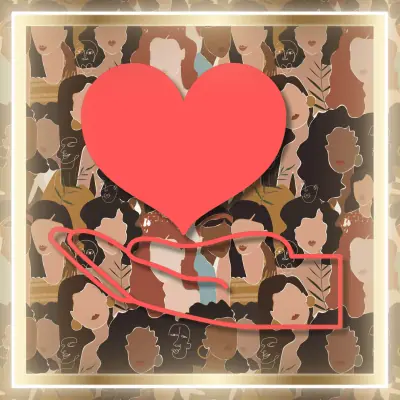
The Good Parts
But even with the ethical concerns, there are success stories where women find some closure, get emotional support, or even build friendships with others who have had the same experiences.
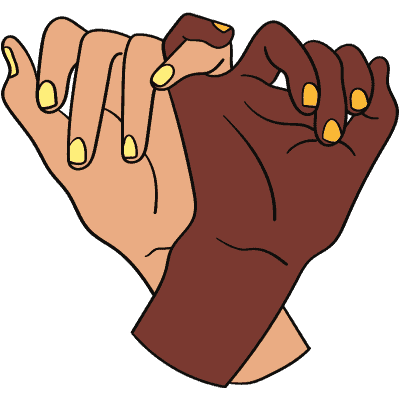
Unlikely Friendship:
Two women discover they are dating the same guy, confront him, and decide to dumb his cheating butt. They become friends and realize they have much more in common than just their dating history, and a friendship is born.
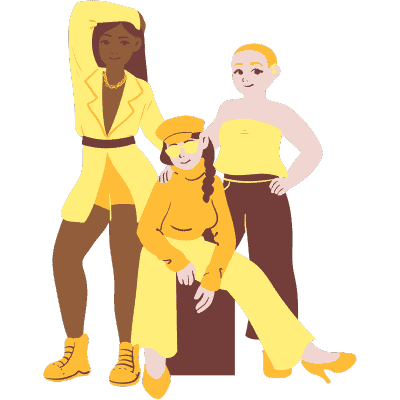
Group Therapy Effect:
Someone posts about their experience, and the shared insight and emotional support from the group help them get through a difficult time–oftentimes, this leads to growth and a renewed sense of self-confidence.

Accountability:
A man dating several women is called out by one of them, who found out through the group. This becomes a wake-up call for him, and he might make amends–hey, it could happen!
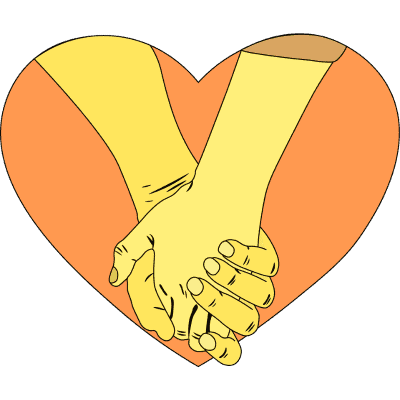
Happy Endings:
Rare but not unheard of, a woman finds out her BF is dating someone else, but they manage to work things out.
Takeaways
In the Wild West of online, the “Are We Dating the Same Guy” certainly has shot to sleuthing superstardom. It’s a truly wild and messy mix of investigative internet PIs, reality TV, and group therapy—all set in the era of modern romantic partnerships and posted for those who want to watch (or read). And for those who are just there to lurk, Marie Kondo said it best: “I love mess.”
While it raises a few ethical and societal eyebrows, people can’t deny its meteoric popularity. The group’s heart is in the right place, and it serves as a good reminder of how far people will go for love and answers—even if that means asking a stranger on the Metaverse, “OMG, are we dating the same guy?”
